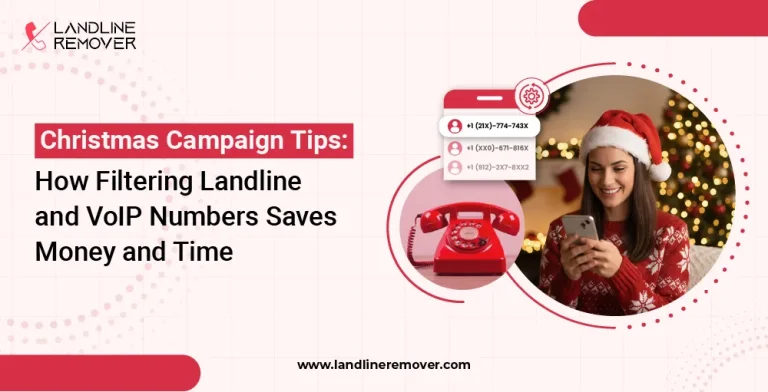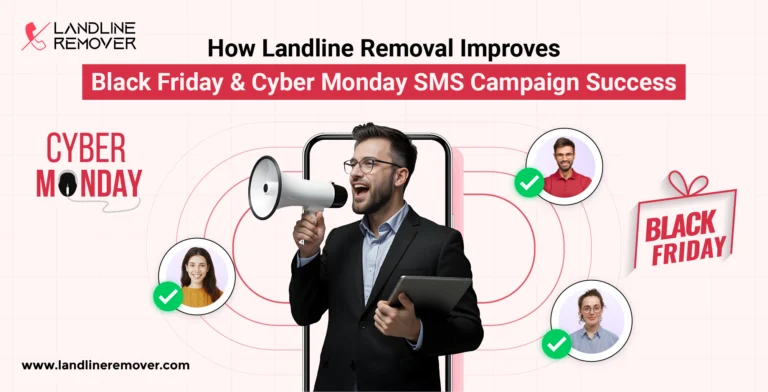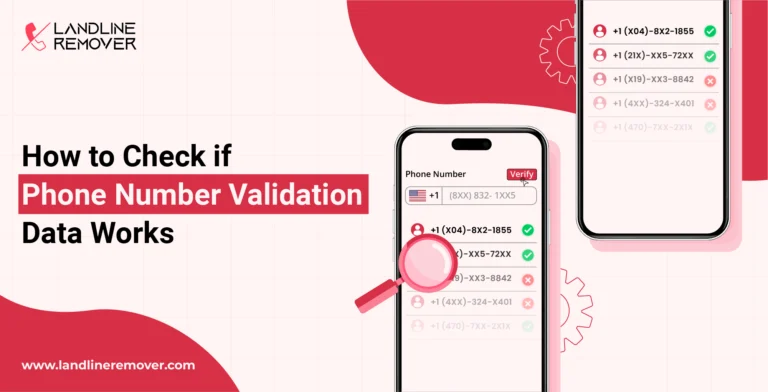Blog

Landline Remover API on RapidAPI! Validate US numbers instantly, remove landlines/VoIP/DNC risks for TCPA-compliant SMS ...

Optimize your SMS marketing ROI by using Landline Remover for accurate line type detection. Avoid wasted spend, improve ...

Clean your Christmas SMS list by filtering landline and VoIP numbers with Landline Remover. Save money, boost delivery, ...

Boost your Black Friday & Cyber Monday SMS success with clean, validated phone lists. Learn how Landline Remover improve...

Don’t risk TCPA fines! Learn how to follow DNC rules, collect consent properly, and build a compliant calling strategy...

Learn how to check if your data phone number validation works. Boost SMS deliverability, reduce invalid contacts, and en...



